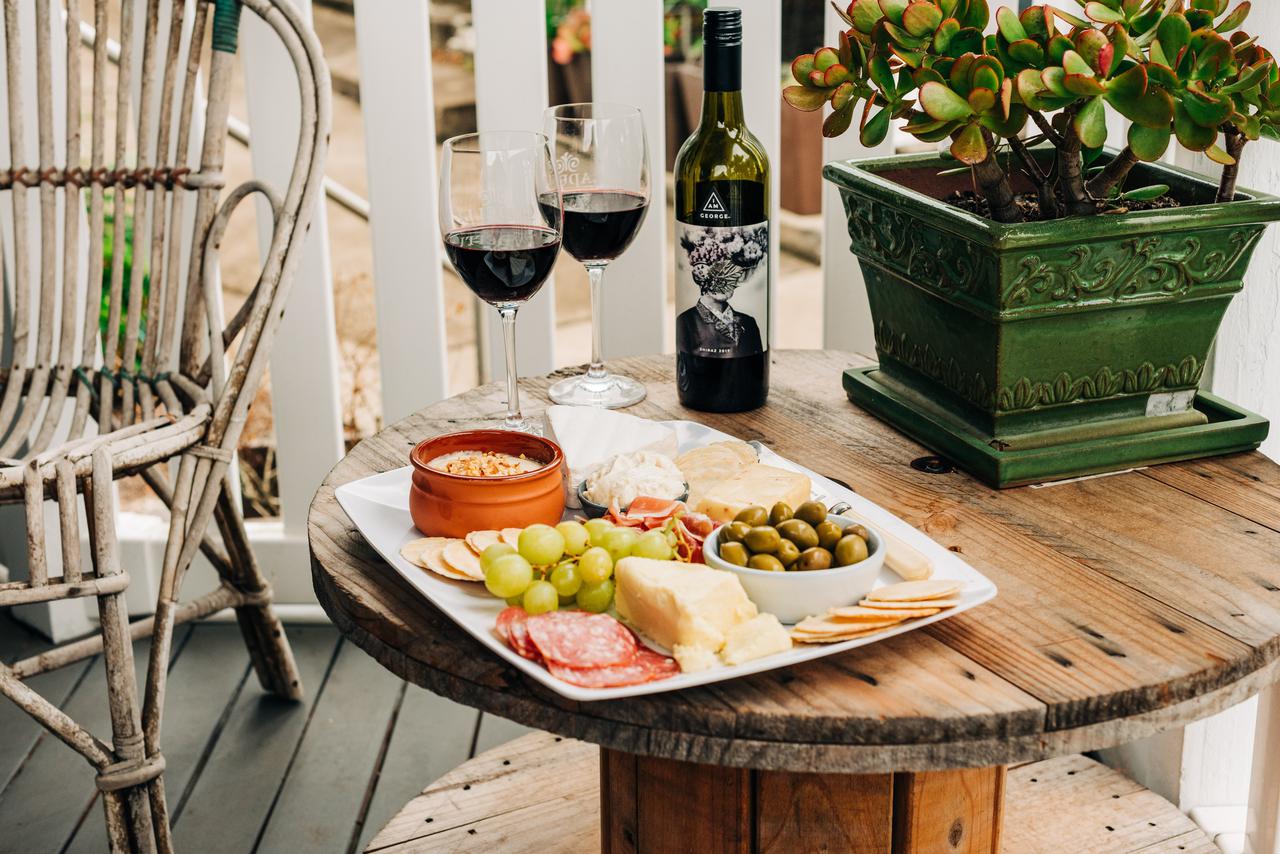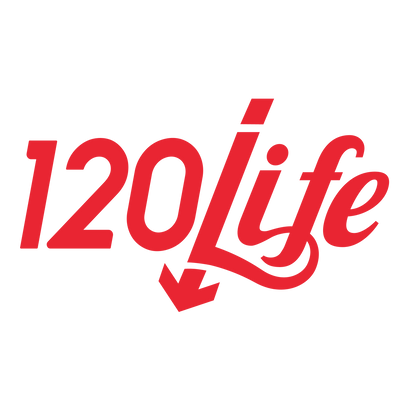Apparently this stuff works - Mike M.
You can feel the difference - Kevin K.
My BP was 157/101... now it is 129/87 - Latasha G.
Seems to work... lowered my numbers by 7% - Scott L.
It is a life saver - Golda C.
I feel better, I have more energy - Alex Y.
My BP went down 10 points in 2 weeks - Lucy W.
I have only been drinking it for 2 weeks and my BP numbers have gone down - Elizabeth S.
Apparently this stuff works - Mike M.
You can feel the difference - Kevin K.
My BP was 157/101... now it is 129/87 - Latasha G.
Seems to work... lowered my numbers by 7% - Scott L.
It is a life saver - Golda C.
I feel better, I have more energy - Alex Y.
My BP went down 10 points in 2 weeks - Lucy W.
I have only been drinking it for 2 weeks and my BP numbers have gone down - Elizabeth S.
Add description, images, menus and links to your mega menu
A column with no settings can be used as a spacer
Link to your collections, sales and even external links
Add up to five columns
Add description, images, menus and links to your mega menu
A column with no settings can be used as a spacer
Link to your collections, sales and even external links
Add up to five columns
Combating Hypertension: Separating Myths from Facts in Your Diet
July 19, 2023 3 min read

Statistically, one in every three American adults suffers from hypertension. Although hypertension won't always have devastating consequences, it does have a significant impact on your quality of life. Over time, it can increase your risk of kidney disease and more severe forms of heart disease. At 120/Life, we do what we can to help people prevent and treat hypertension.
Trying to figure out what the best diet to prevent hypertension is shouldn't be difficult. But the reality is, the number of myths that are out there makes it a challenge. We're here to separate myths from facts so you can start combatting your high blood pressure the natural way.
Choosing the right types of fats
Although you need to cut out some types of fats when you're trying to prevent hypertension, you don't need to eliminate all of them. Ideally, saturated fats will account for no more than 6 percent of your calorie intake each day. We also recommend prioritizing certain types of fats over others. For example, it's better to cook with olive oil than vegetable oil (though you should use it when cooking with low/medium heat and avoid high heat).
Fats, in general, should account for no more than 29 percent of your daily calorie intake. It's worth sitting down and looking at the good fats that can make your blood pressure better. In addition to olive oil, try avocadoes, flaxseeds, and grapeseed oil.
Don't let salt confuse you
Another big myth surrounding hypertension is that some salts are better than others. When you hear names such as kosher salt or Himalayan salt, you may be lulled into a false sense of security. In fact, all salts can contribute toward raising your blood pressure, regardless of where they come from or how they've been classified.
At 120/Life, we recommend avoiding adding salt to your diet in general. A lot of the foods you eat will already increase your salt intake, especially if you're eating convenience foods. If you do need to add salt to a recipe for flavoring purposes, we recommend looking at alternatives. For example, black pepper and herbs are safer when you're trying to prevent hypertension.
Only drink wine in moderation
Numerous studies have revealed a connection between drinking red wine and lowering blood pressure. Red wine achieves this by increasing your HDL cholesterol levels, which are your good cholesterol levels. It also acts as an anti-inflammatory, which means it can reduce some of the damage your arteries may encounter.
Despite the benefits that come with drinking some red wine, we don't recommend consuming uncontrolled levels. Drinking more than a five-ounce glass of wine per day for women or two five-ounce glasses a day for men may increase your risk of hypertension. If you enjoy drinking wine, try to limit yourself to a five-ounce glass per day and then move onto something else. Our 120/Life drink is packed with anti-inflammatory compounds, so give it a whirl.
Add the 120/Life drink to your diet
If you want to make creating a hypertension diet easier, try adding the 120/Life drink to it. Our drink features a blend of natural ingredients that have been proven to reduce high blood pressure. For example:
- Beetroot contains nitrate, which converts to nitric oxide. Nitric oxide naturally relaxes the arterial walls, resulting in lower blood pressure.
- Hibiscus is a natural ACE inhibitor (ACEI). As ACEIs are a first-line blood pressure treatment worldwide, getting them naturally works to your advantage.
- Tart cherry is also a natural ACEI, and it tastes fantastic.
At 120/Life, we help people throughout the United States lower their blood pressure naturally. Using a combination of our drink and the right diet, you can keep hypertension at bay or control your current high blood pressure readings.
Leave a comment
Comments will be approved before showing up.
Subscribe
Sign up to get the latest on sales, new releases and more …

